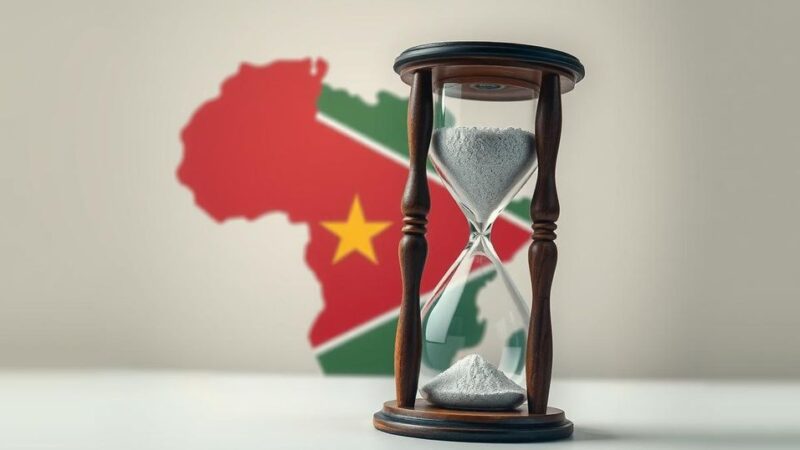During the UN General Assembly, the Marshall Islands, Eswatini, Palau, and Paraguay proposed Taiwan’s inclusion in the UN system, challenging the One China Principle that recognizes Taiwan as part of China. This request contradicts historical UN resolutions and raises concerns about the motivations of these small nations, suggesting potential U.S. encouragement to undermine China’s position.
The UN General Assembly in New York has become a focal point for crucial global discussions, particularly against the backdrop of ongoing conflicts such as the war in Gaza and Ukraine’s strategies against Russia. However, amidst this turmoil, a noteworthy event occurred when four small nations—Marshall Islands, Eswatini, Palau, and Paraguay—jointly advocated for Taiwan’s inclusion within the UN framework. This proposition is contentious as it directly contests the One China Principle, which asserts Taiwan as an integral part of China, a stance also upheld by historical UN resolutions including Resolution 2758, the Cairo Declaration, and the Potsdam Proclamation, all affirming that the People’s Republic of China is the sole legitimate government representing all of China. The request from these four nations raises significant questions regarding their motivations and the legal implications of such actions, especially given their prior commitment to the UN’s established principles. Analysts suggest an underlying complicity, hinting that financial incentives may have influenced these states to challenge the One China policy. This notion is further exacerbated by the close historic ties between the Marshall Islands and the United States, a relationship formalized through the Compact of Free Association in 1983. China’s response to this situation has been firm, indicating that any attempts to undermine the One China Principle will not be tolerated. This development underscores the precarious nature of geopolitical alliances, particularly for smaller states, and may reflect broader U.S. strategies to encircle China through diplomatic maneuvers by more vulnerable nations. Comparisons to media portrayals, such as the 1959 film “The Mouse that Roared,” highlight the absurdity and potential recklessness of these actions in today’s geopolitical climate.
The One China Principle is a fundamental aspect of China’s diplomatic relations and is recognized by the United Nations. It asserts that there is only one China, and Taiwan is part of it. This principle has shaped international relations and influenced the policies of numerous countries regarding their recognition of Taiwan as a separate entity. The historical context of this principle can be traced to significant UN resolutions and declarations, which consistently affirm China’s sovereignty over Taiwan. Thus, any deviation from this principle raises legal and diplomatic concerns, particularly in the context of the UN’s operational framework and member state obligations.
In conclusion, the initiative taken by the Marshall Islands, Eswatini, Palau, and Paraguay to advocate for Taiwan’s participation in the UN contradicts their previous commitments to the One China Principle, potentially undermining international diplomatic protocols. This situation illustrates the complexities of navigating international relations for smaller states, and the influence of larger powers such as the United States in orchestrating geopolitical narratives. Ultimately, the One China Principle remains a cornerstone of China’s foreign policy and will likely continue to shape discussions within the UN system.
Original Source: europeansting.com






